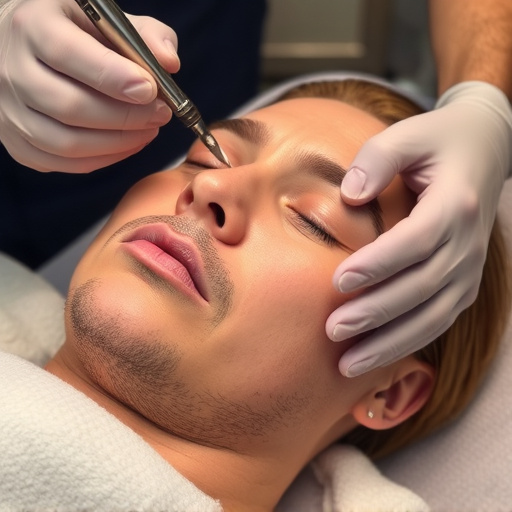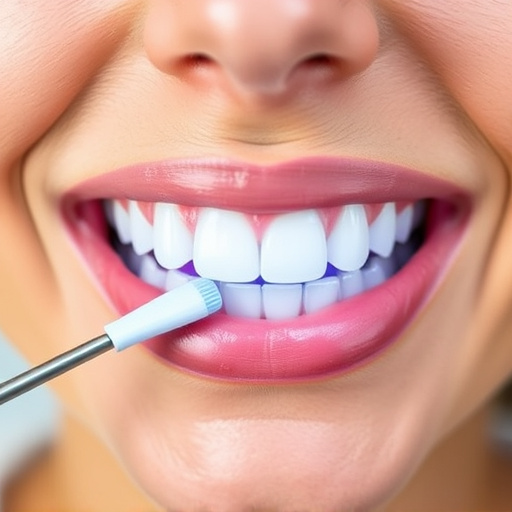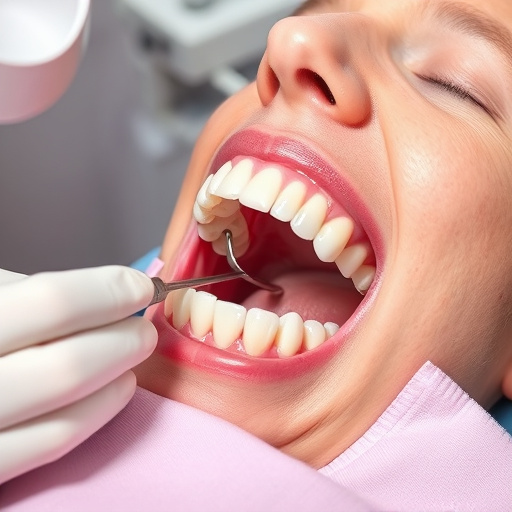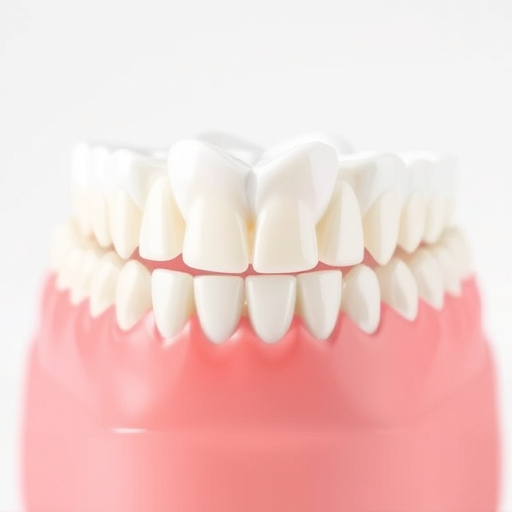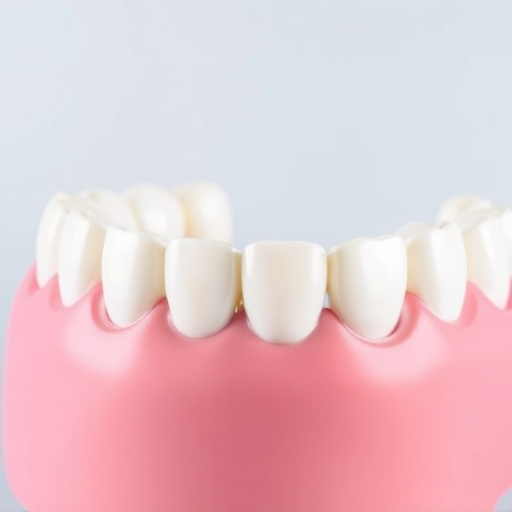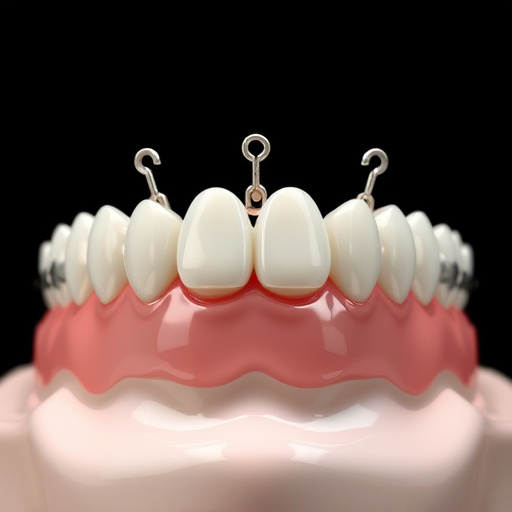Oral surgery procedures like corrective jaw surgery and dental implants offer long-term solutions for structural mouth issues, enhancing appearance, health, self-esteem, facial symmetry, and social interactions. These surgeries address bite misalignments, chronic jaw pain, and chewing difficulties, providing lasting relief, better sleep, and reduced facial tension. Beyond aesthetic improvements, they prevent future tooth and gum damage, ensuring long-term comfort and efficiency in eating and speaking, while also reducing the risk of infections, pain, and expensive treatments.
“Unlock a world of enhanced confidence and improved quality of life with corrective oral surgery procedures. This transformative journey goes beyond aesthetics, addressing root issues that often remain hidden beneath the surface. From boosting self-esteem through refined appearances to alleviating chronic pain and restoring oral function, these surgeries offer lasting benefits.
By investing in your long-term health, you prevent future complications, ensuring a brighter, healthier smile for years to come. Discover how oral surgery procedures can be life-changing, focusing on both the visible enhancements and underlying health advantages.”
- Enhancing Self-Confidence: Improving Appearance and Communication
- Corrective Surgery: Alleviating Pain and Restoring Function
- Longevity and Health: Preventing Future Complications
Enhancing Self-Confidence: Improving Appearance and Communication

Many individuals suffer from structural issues in their mouths that can significantly impact their confidence and overall well-being. Oral surgery procedures, such as corrective jaw surgery or dental implant placement, offer long-term solutions to these problems. By addressing misalignments and restoring proper oral function, these procedures can transform both the appearance and health of a person’s smile.
A confident, attractive smile has profound effects on an individual’s self-esteem and social interactions. Corrective oral surgery can correct imperfections like crooked teeth or a poor bite, enhancing one’s facial symmetry and overall aesthetic appeal. Furthermore, improved oral health resulting from these procedures can alleviate pain, discomfort during eating, and the risk of future dental issues, including requiring emergency dental care for severe infections or injuries. For children, early intervention through children’s dentistry services can set the foundation for a lifetime of optimal oral health, whereas cosmetic fillings may be recommended to preserve the look and function of teeth that have been damaged but are not severely compromised.
Corrective Surgery: Alleviating Pain and Restoring Function

Corrective oral surgery procedures are designed to address structural issues within the mouth that can cause significant discomfort and impact daily functioning. By alleviating pain and restoring proper alignment, these surgeries offer long-lasting benefits beyond aesthetic improvements. For individuals suffering from bite misalignments, chronic jaw pain, or difficulty chewing, corrective surgery can be a game-changer. It not only provides relief from persistent discomfort but also enhances overall oral health.
One of the key advantages is the restoration of normal jaw function, which often leads to improved sleep quality and reduced tension in the face and neck muscles. Additionally, these procedures can prevent further damage to teeth and gums by correcting bite issues that might otherwise cause excessive wear and tear. While dental cleanings and cosmetic fillings play a crucial role in maintaining oral hygiene, corrective surgeries address deeper structural problems, ensuring long-term comfort and efficiency in eating and speaking.
Longevity and Health: Preventing Future Complications

Corrective oral surgery procedures offer more than just aesthetic improvements; they contribute significantly to longevity and overall health by preventing future complications. When a tooth is damaged or misaligned, it can lead to various issues over time. For example, an improperly aligned tooth might cause excessive wear on others, leading to tooth grinding and chips in enamel. It can also result in difficulty cleaning that area effectively, increasing the risk of dental caries and gum disease.
By undergoing oral surgery to correct these issues, individuals engage in preventive dentistry. Procedures like tooth extraction and repair, including those involving dental fillings or more complex tooth repair techniques, aim to address problems at their root. This proactive approach not only preserves the natural beauty of a smile but also ensures better oral health, reducing the chances of future infections, pain, and potentially costly treatments.
Corrective oral surgery procedures offer more than just aesthetic improvements; they significantly enhance overall well-being. By addressing misalignments, these surgeries alleviate pain, restore proper jaw function, and boost self-confidence. Moreover, they prevent future dental complications, ensuring long-term health benefits. Investing in oral surgery procedures can thus lead to a more comfortable, functional, and confident life.
